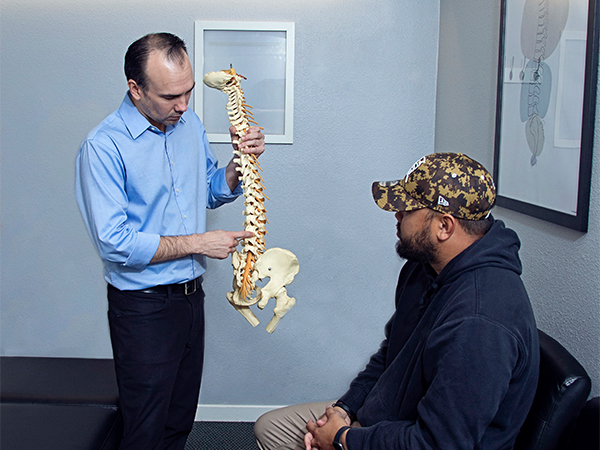
Introduction:
Car accidents can leave behind more than just visible damage. Often, the impact of a collision can result in hidden injuries that might not manifest immediately. While external bruises and fractures are readily noticeable, internal injuries can lurk beneath the surface, silently causing discomfort and complications. Understanding how to recognize these hidden injuries is crucial for timely intervention and proper treatment.
Listen to Your Body:
After a car accident, it's essential to pay close attention to any physical discomfort, no matter how minor it may seem initially. Symptoms such as headaches, dizziness, neck pain, or numbness in limbs could indicate underlying injuries like whiplash, concussion, or nerve damage. Ignoring these signs can lead to exacerbated conditions later on.
Seek Medical Attention:
Even if you don't feel severe pain immediately after the accident, it's still advisable to seek medical evaluation promptly. Some injuries, such as internal bleeding or soft tissue damage, may not exhibit symptoms right away but can worsen over time if left untreated. A thorough examination by a healthcare professional can detect these hidden injuries early on, ensuring timely intervention.
Look Beyond the Obvious:
While broken bones and lacerations are visible signs of injury, it's essential to recognize that not all car accident injuries are immediately apparent. Internal injuries like organ damage, spinal misalignment, or herniated discs may not present immediate symptoms but can cause chronic pain and mobility issues if left unaddressed. Therefore, comprehensive diagnostic tests such as X-rays, CT scans, or MRIs may be necessary to uncover these hidden injuries.
Understand the Impact of Whiplash:
Whiplash is one of the most common hidden injuries resulting from car accidents, particularly rear-end collisions. It occurs when the neck and head are suddenly jerked back and forth, causing strain on the muscles and ligaments. Symptoms of whiplash may include neck pain, stiffness, headaches, and difficulty concentrating. Prompt chiropractic care can help alleviate these symptoms and prevent long-term complications.
Don't Underestimate Psychological Effects:
In addition to physical injuries, car accidents can also have a significant impact on mental health. Emotional trauma, anxiety, and post-traumatic stress disorder (PTSD) are common psychological effects of car accidents, often overlooked amid the focus on physical injuries. It's essential to address these psychological symptoms alongside physical treatment to promote holistic recovery.
Conclusion:
Recognizing hidden injuries from car accidents requires attentiveness to both physical and psychological symptoms. By listening to your body, seeking timely medical attention, and understanding the potential impact of whiplash and psychological trauma, you can ensure comprehensive care and a smoother path to recovery. Remember, early intervention is key to preventing hidden injuries from escalating into more serious complications.





